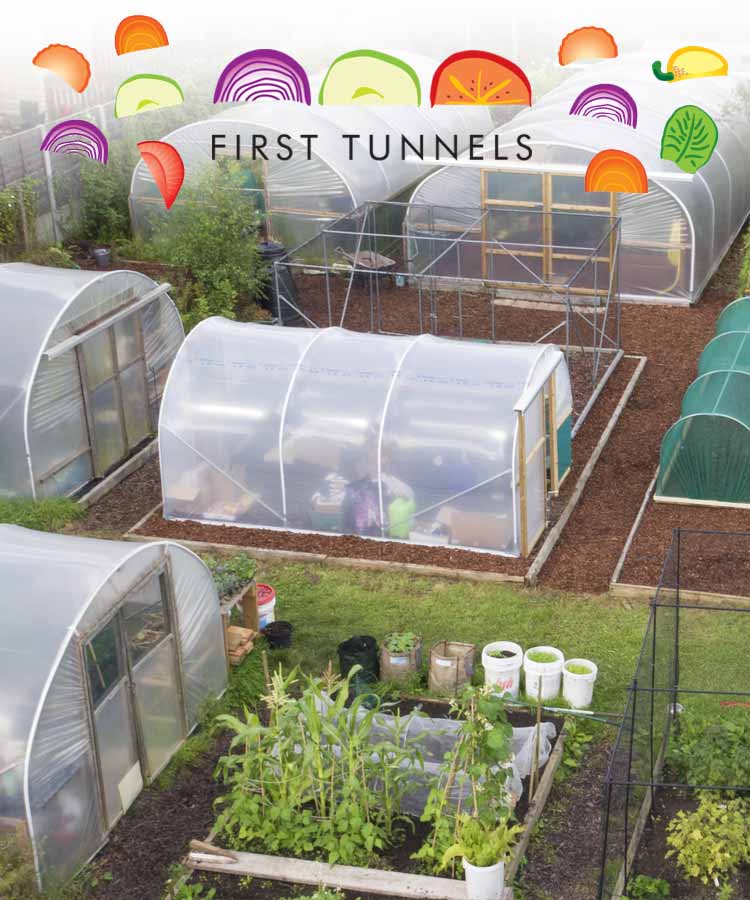Before your baby is ready to start eating whole, solid foods, you may be buying pre-packaged, processed baby food in little jars from your local supermarket. But you don't need to buy these from the shops. It is simpler, easier and more cost effective than you might imagine to grow and blend your own baby food in your polytunnel or elsewhere in your garden. Here are some tips to help you make home-made baby food from polytunnel produce:
The key with feeding baby, as with feeding yourself, is to think about creating a balanced, healthy diet with plenty of whole foods. There is a wide range of fruits and vegetables that you can grow to create delicious soft blended baby food. Many root vegetables such as carrots, swede and beetroot are relatively easy to grow and provide a good texture, as do pumpkins and squash. Peas and beans are also excellent options, and you can also add some brassicas or other leafy greens to the mix. Apples make an excellent base for baby food too, while other fruits – strawberries, raspberries, currants and other berries can also be added to make healthy 'puddings' for your little one.
A blender is not strictly necessary as it is often possible to purée/mash cooked vegetables by hand. But a good blender will make the job of making soft baby food a lot easier and will allow you to create soft baby food with raw or lightly steamed ingredients as well as cooked ones, which will help to make sure that there are plenty of nutrients in what you feed your child. While also a nice-to-have and not an essential, a pressure cooker would also make it easier to create soups and stews that can be enjoyed not only by the baby but by the whole family.
When making your own baby food, you should remember that most fresh produce will only be available at certain times of year. When you harvest, it is a good idea to plan ahead and make bigger batches of baby food that can be frozen and defrosted as needed later in the year when less fresh produce is available. A polytunnel makes it easier to grow food year round, but winter and early spring will still be a lot leaner than midsummer. Consider batch cooking when things are in season and make space in your freezer to store plenty of baby food for the months to come.
